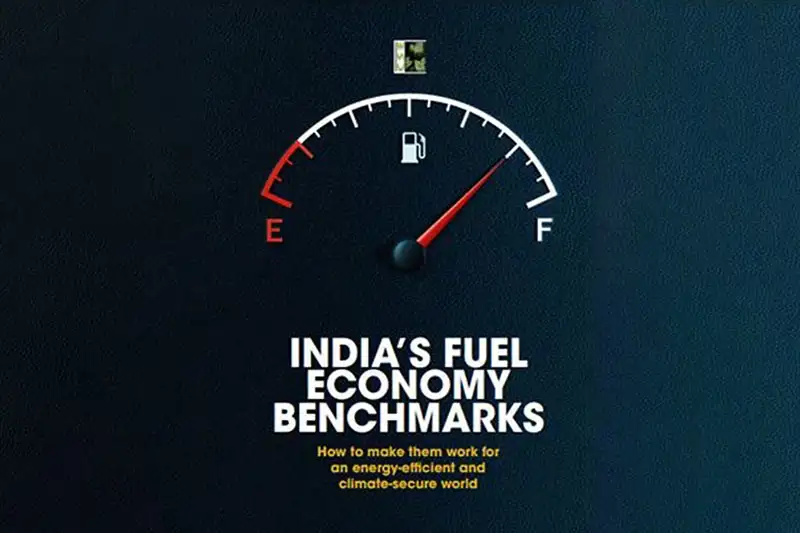India cannot afford to delay fuel efficiency vehicles regulations, says CSE report
03 September 2021

The Centre for Science and Environment (CSE), a local GFEI partner based in India, has released new analysis reviewing the country’s fuel efficiency standards. It concludes that while India has taken giant strides in introducing emission standards for reducing toxic emissions from vehicles with the adoption of Bharat Stage VI standards in 2020, it has not taken equally strident and strong measures to improve fuel efficiency and carbon footprints of vehicles.
The report concludes:
- Fuel efficiency standards have only been implemented for passenger cars. These are so lenient that car manufacturers have either met or exceeded current standards, and are close to meeting the next target
- Compliance with corporate average fuel consumption standards allows manufacturers to score extra points for adopting predefined technology approaches. As some of these are part of routine application, this stymies technology innovation in internal combustion engines
- Weak fuel efficiency targets do not require or enable rapid electrification of vehicle fleet. This is a lost opportunity, says the CSE analysis
- Fuel inefficiency hurts consumers and increases out-of- pocket expenses.
- CSE recommends taking urgent action to set more stringent fuel efficiency targets for cars, and new standards for heavy-duty vehicles and two-wheelers. These should be divided into a series of four-year targets between now and 2035.

CSE executive director Anumita Roychowdhury said “This is a matter of serious concern. Vehicle numbers and freight transport are growing rapidly, leading to an exponential rise in fuel consumption at a time when the country –already combating energy insecurity and the impacts of climate change -- needs to raise the ambition for decarbonisation. Moreover, if fuel guzzling is not tamed, it can directly hurt consumers especially when fuel prices are skyrocketing,”
Click here for more information and to read the report
CSE also undertook a webinar with Anup Bandivadekar (of GFEI partner the ICCT) to share the findings of the report. The presentations are available here: